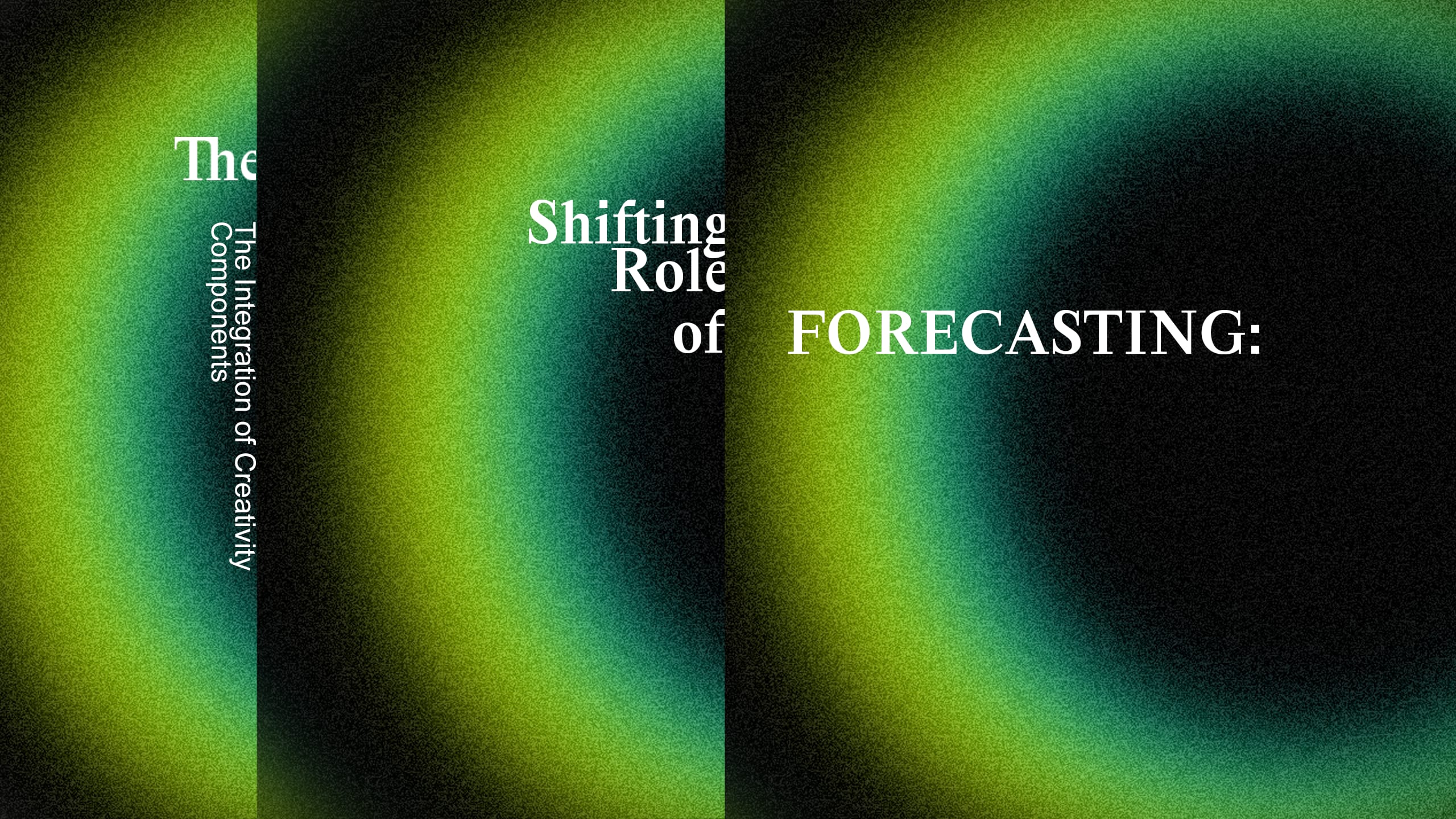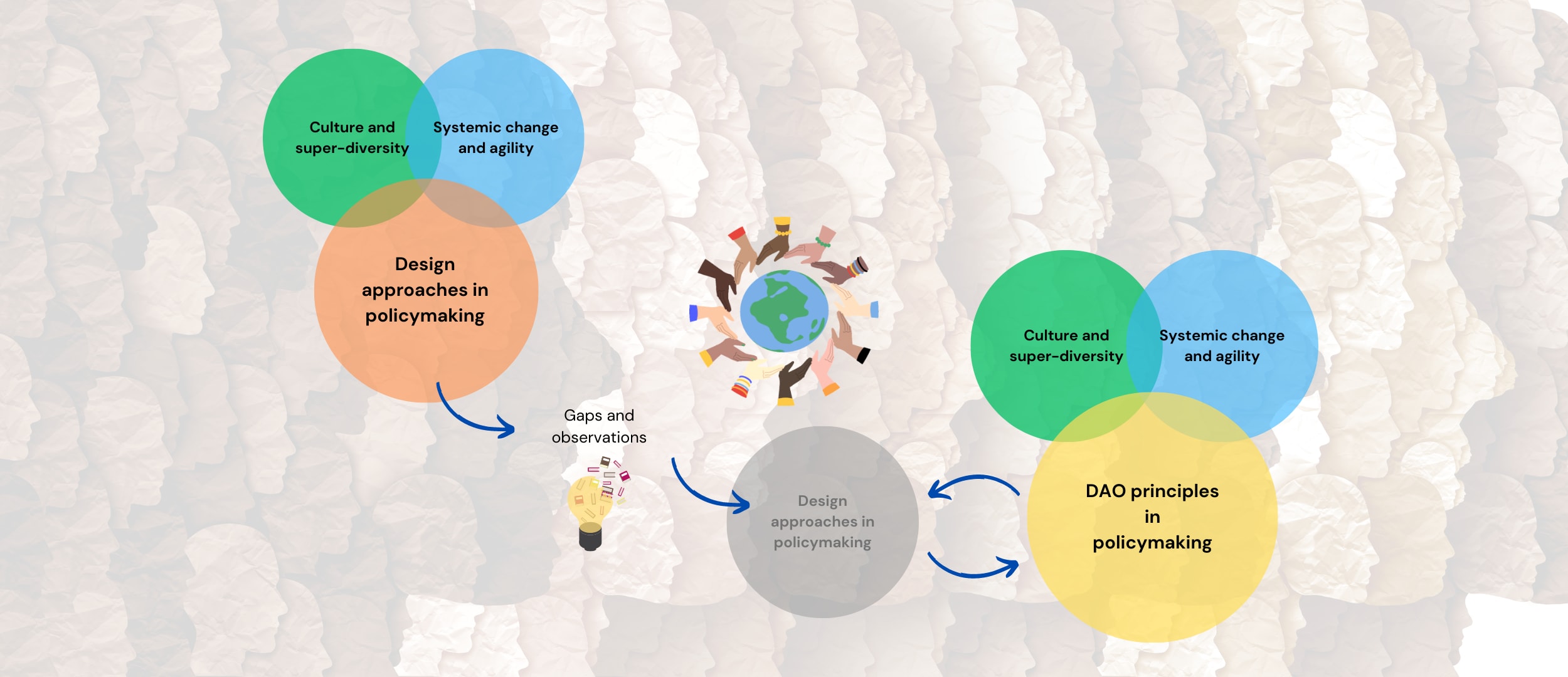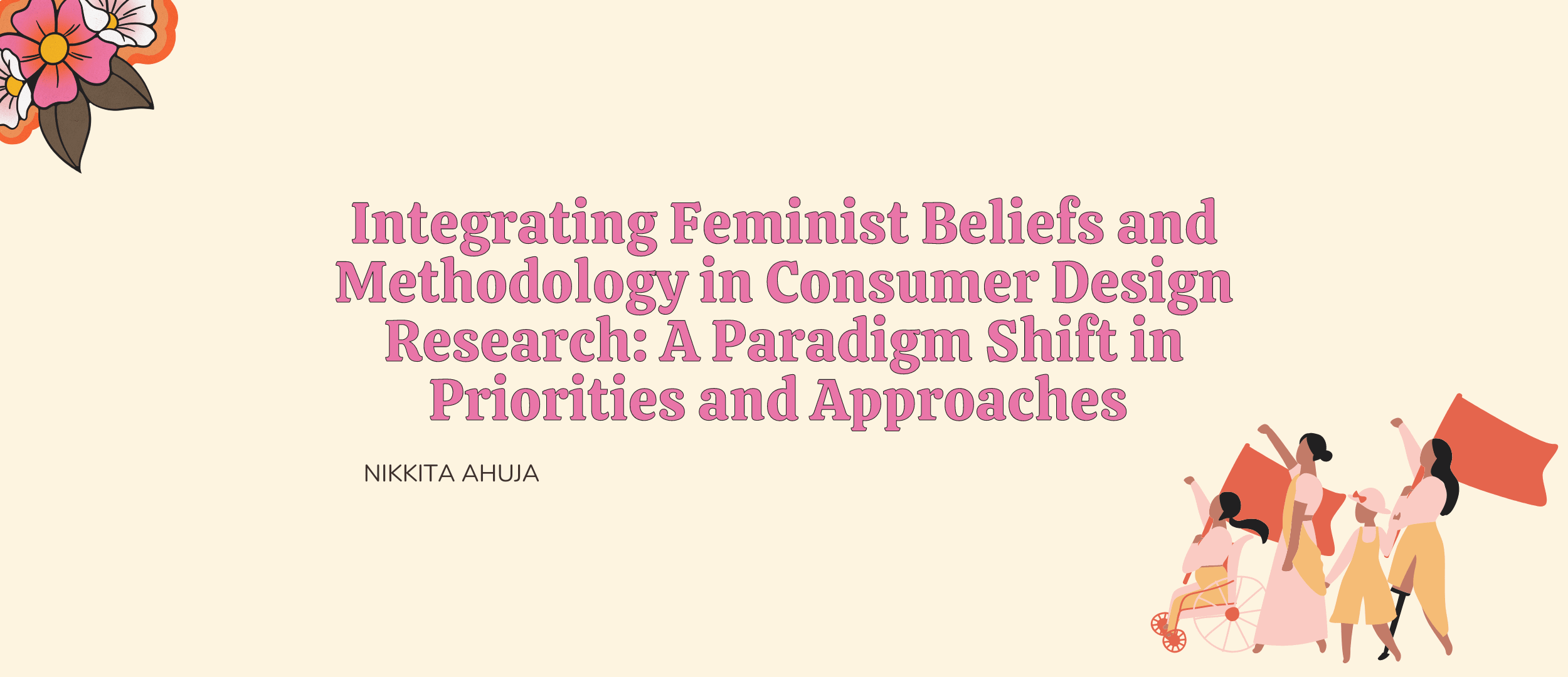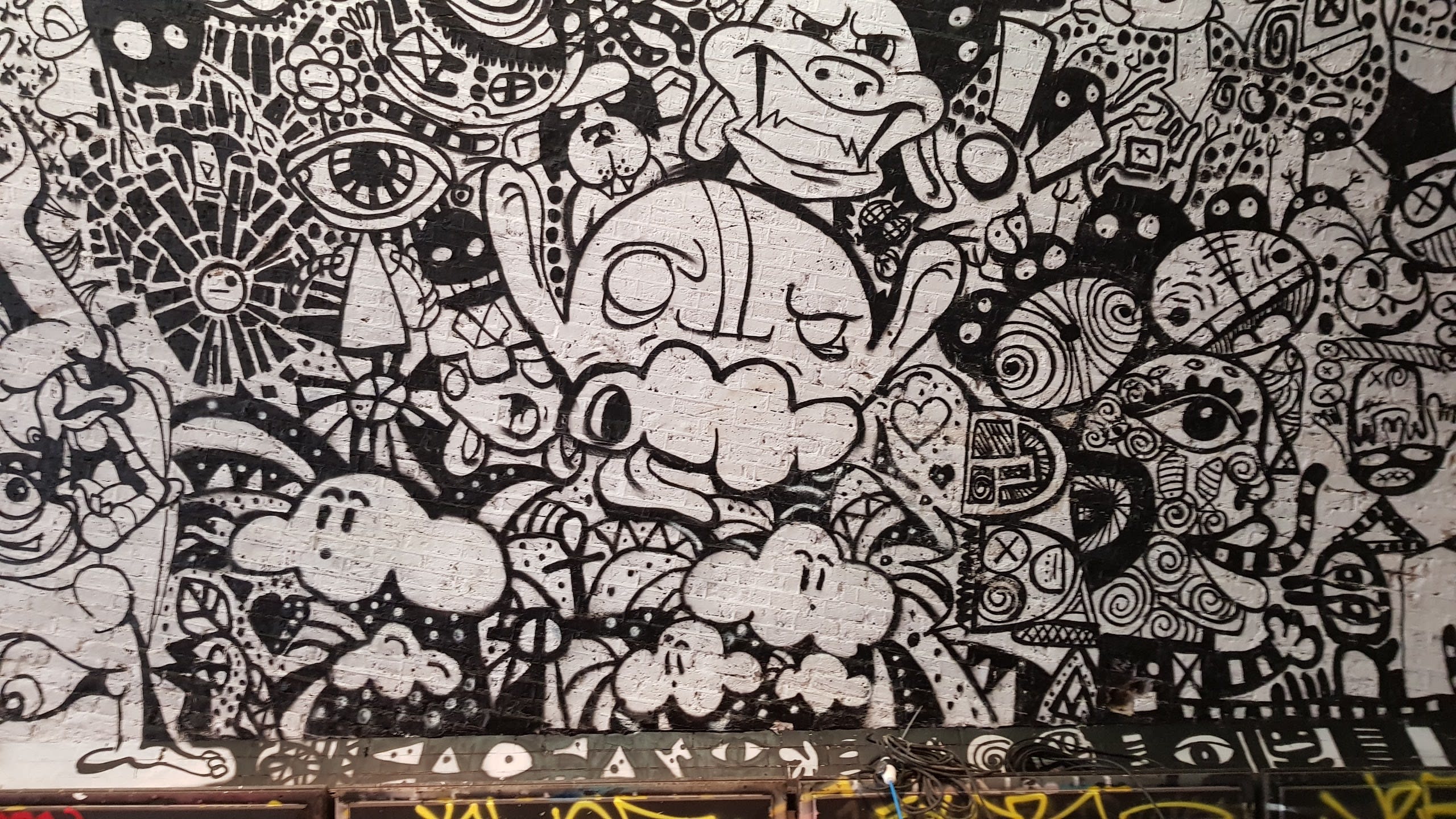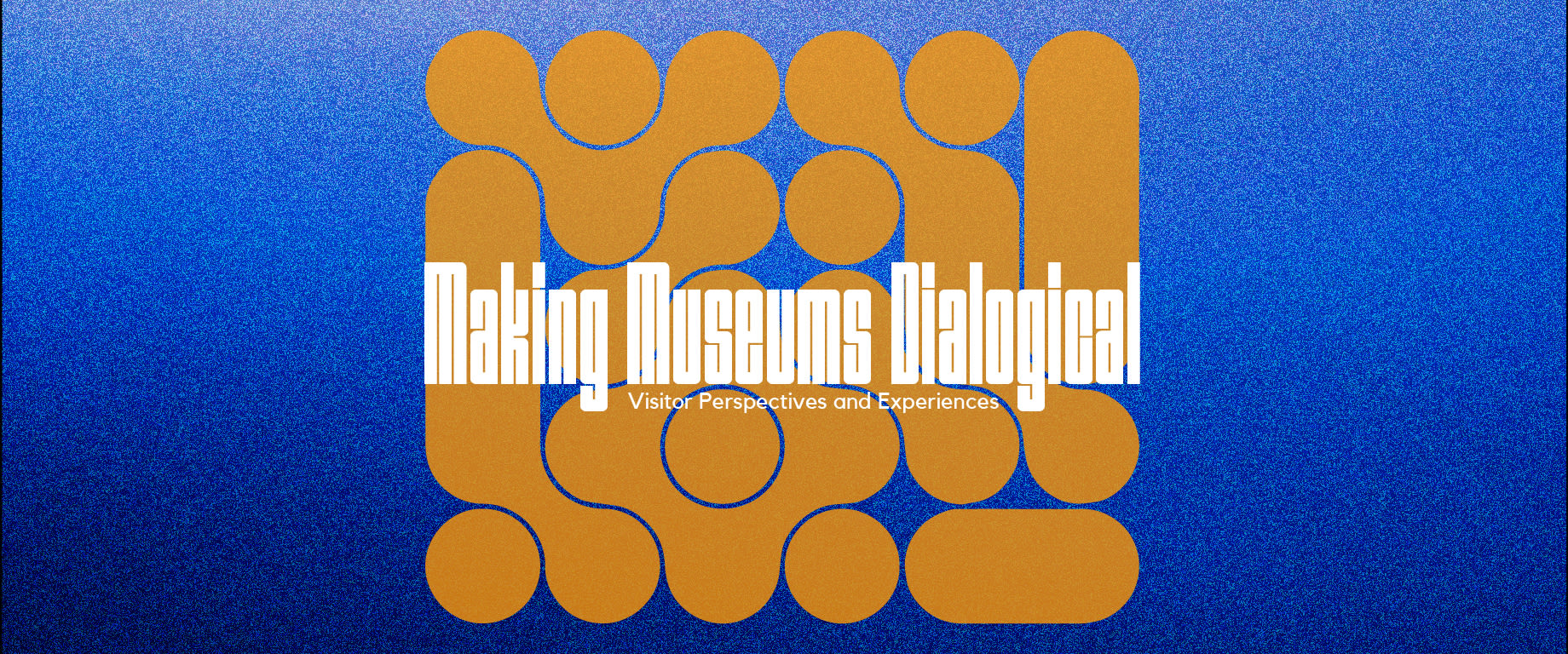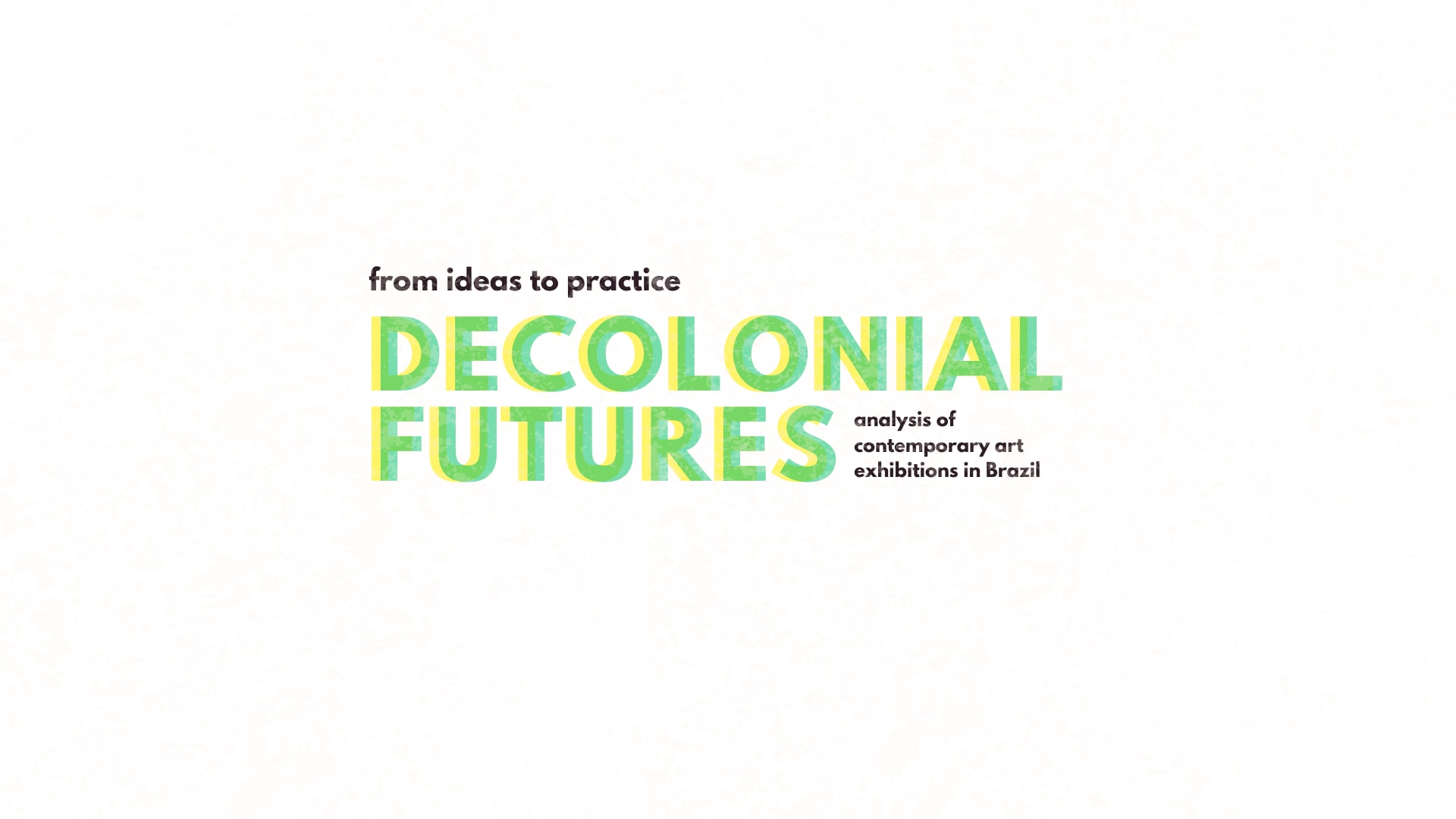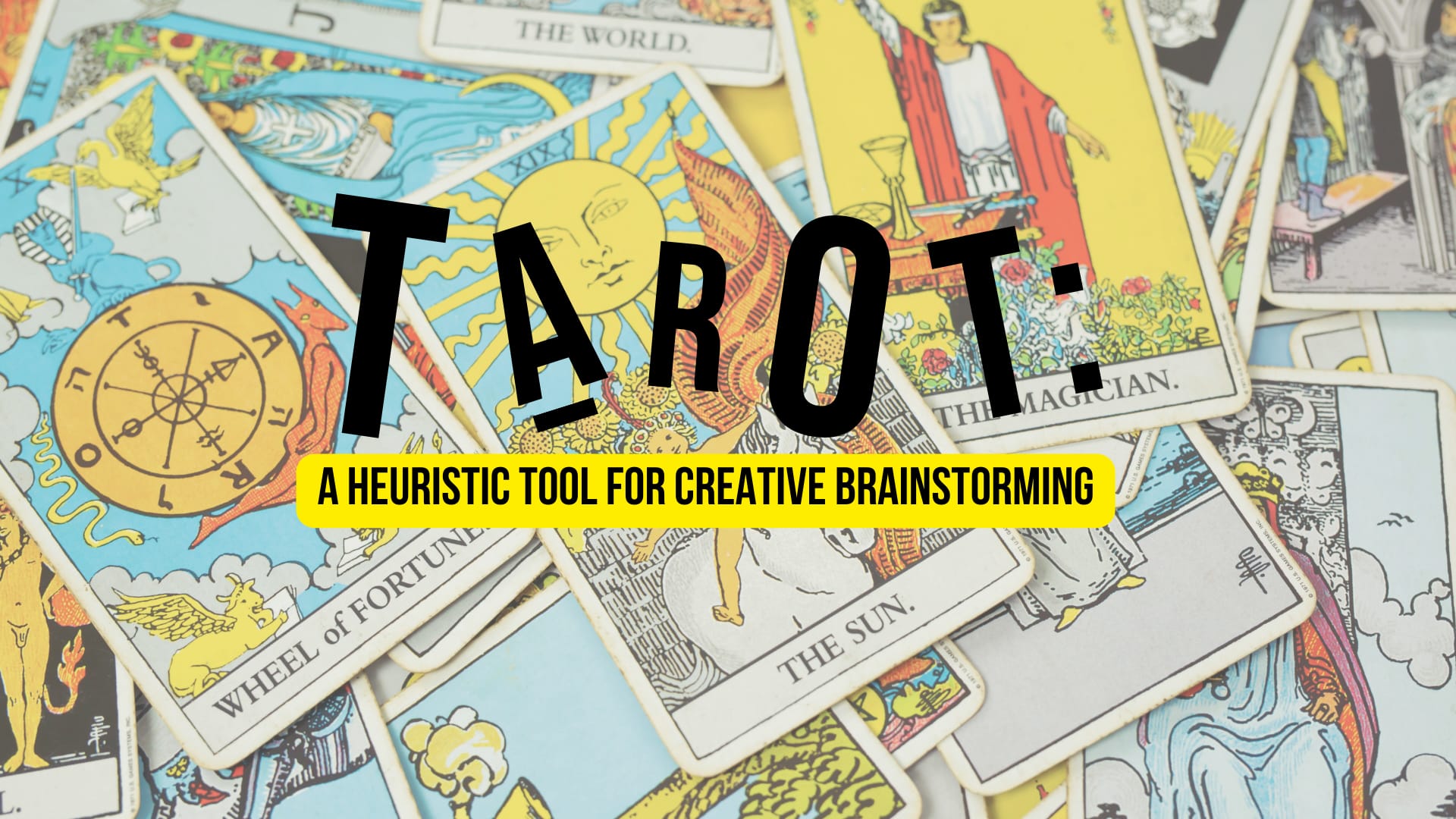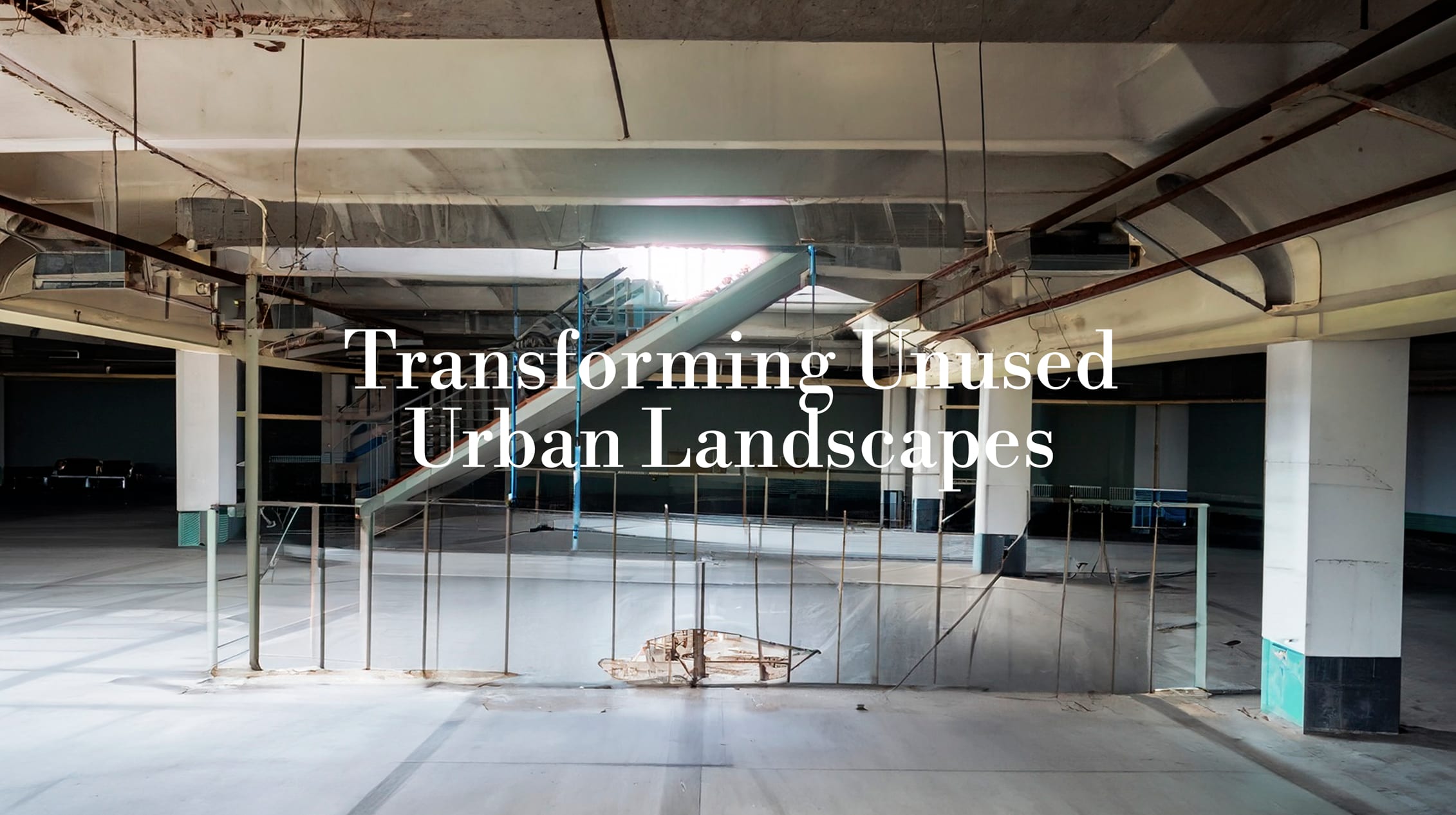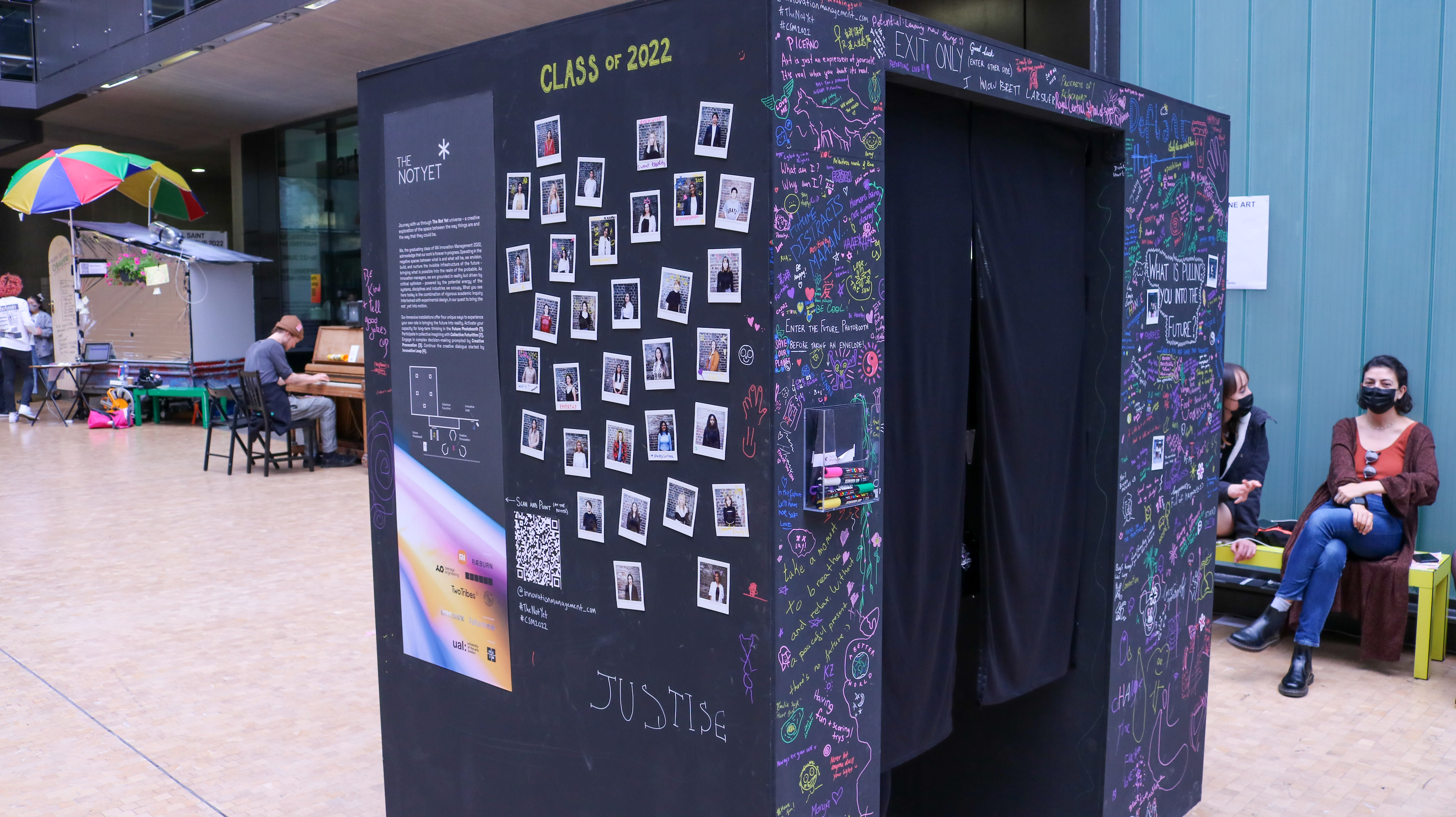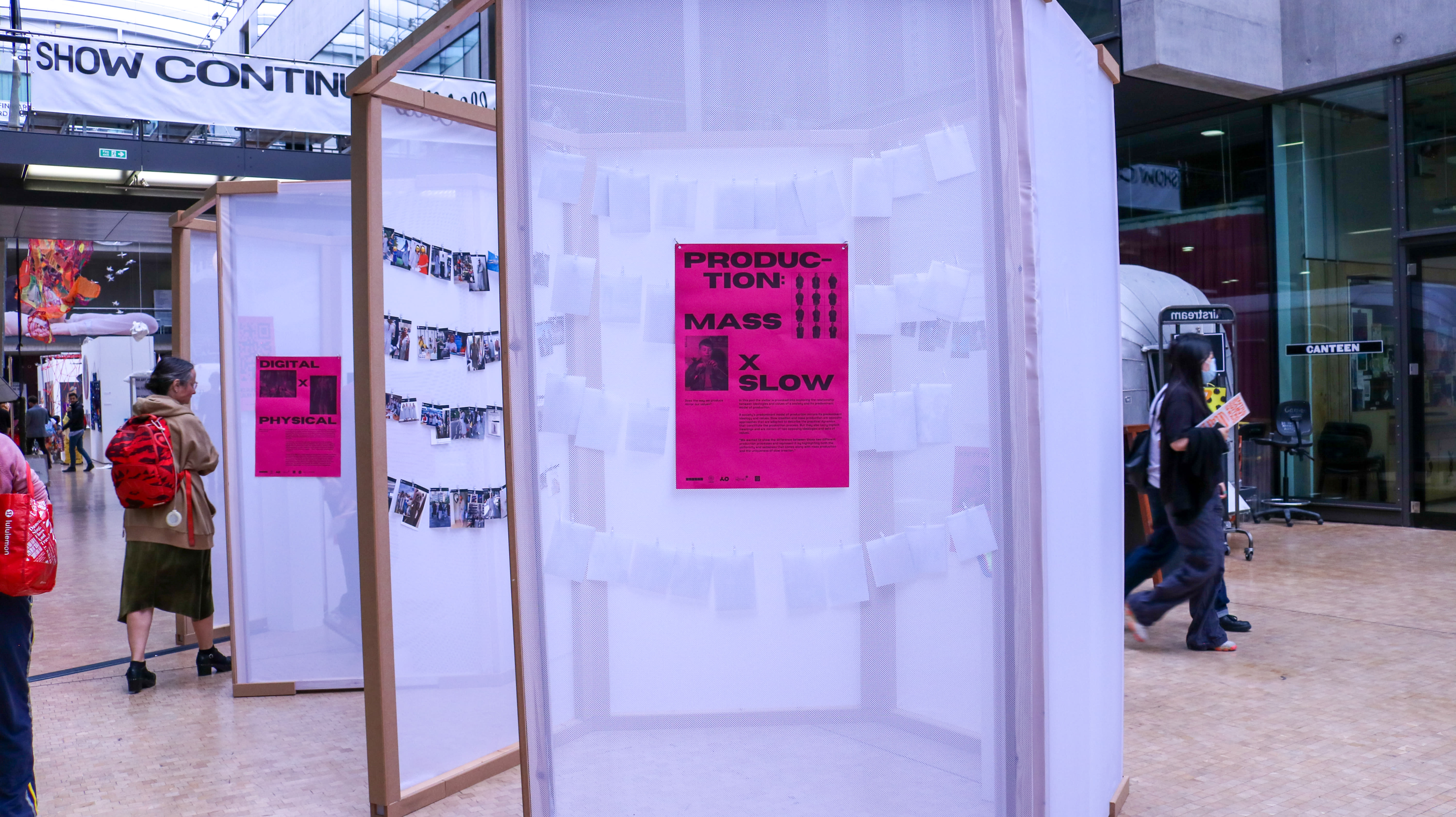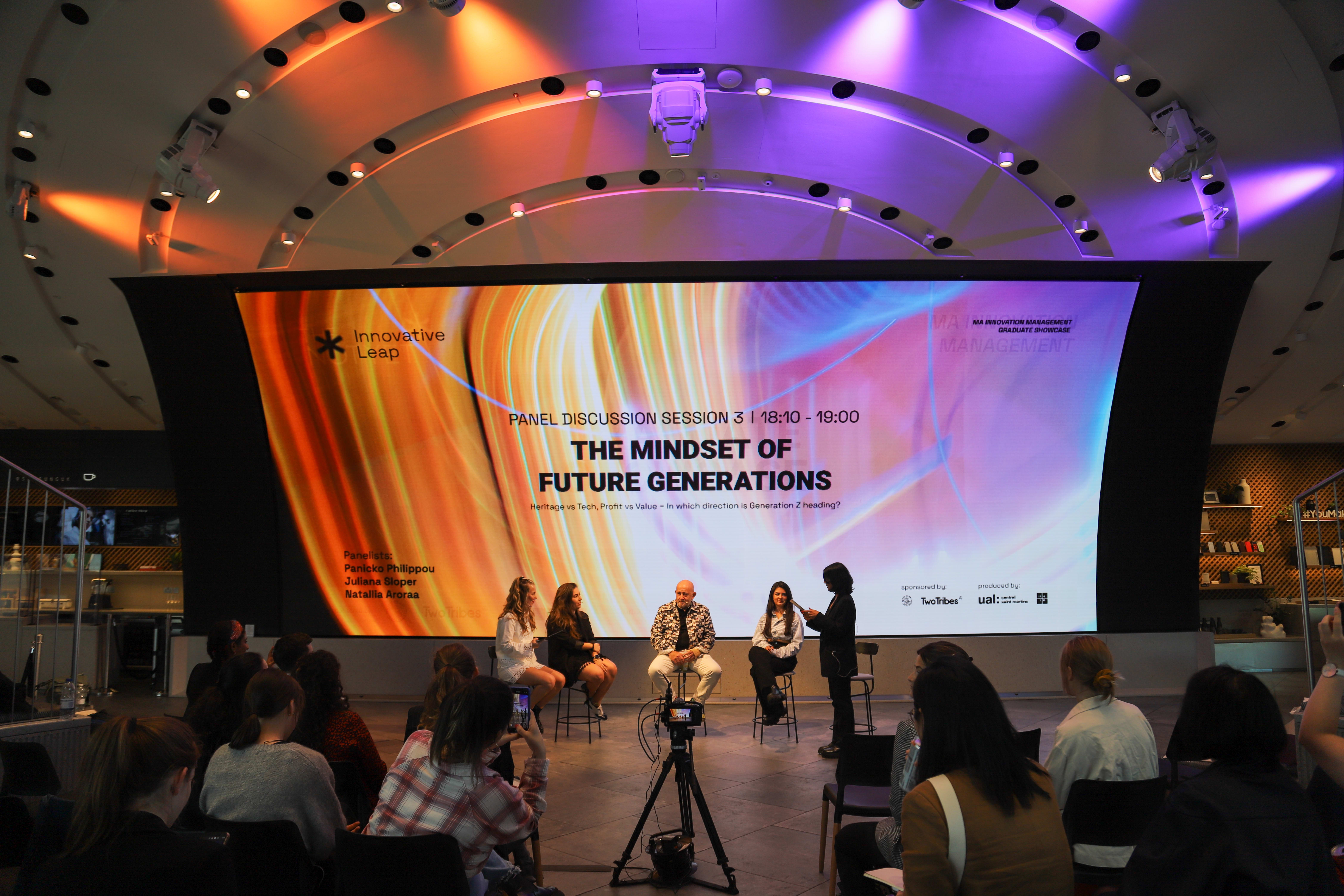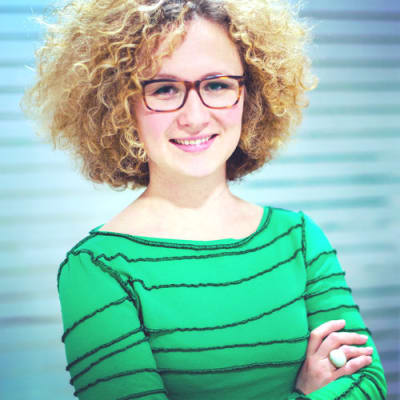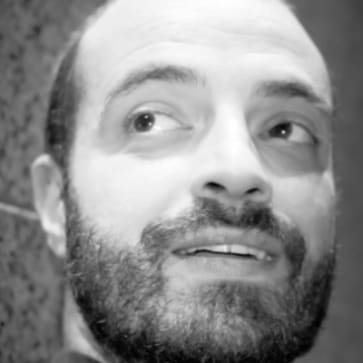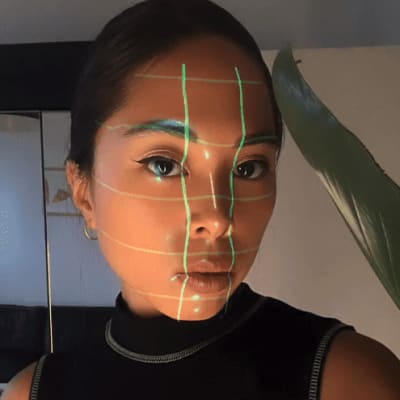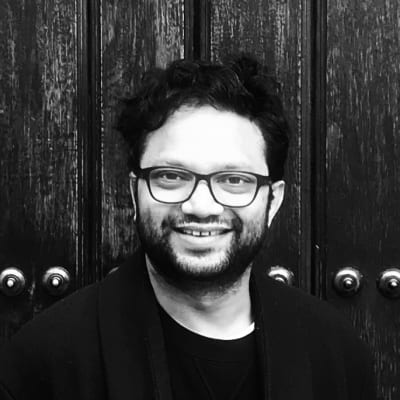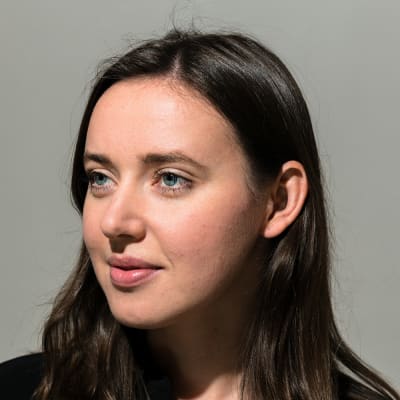Course units
This course is designed to develop your skills and ability to lead and co-ordinate creativity and innovation through both theoretical and practical learning. As an MA Innovation Management student, you will learn how to envision desirable alternative futures and foster creative mindsets (for individuals and within teams) to build agility and resilience in the face of uncertainty. You will learn to work independently and collaboratively, developing your ability to lead diverse teams and to thrive through collective engagement, harnessing empathy, criticality and creative friction to generate and deliver sustainable innovation practices and solutions.
The course begins by introducing the contrasting theories, discourses and practices which inform and influence innovation management, challenging you to engage critically and creatively with these bodies of knowledge. As you progress through the course you will engage in a collaborative project with your peers at Central Saint Martins, where you will explore multi and trans-disciplinary co-operation, undertake a live client-led brief with an external partner, and explore how to situate your practice through either a placement or field study in professional environments. The course culminates in a final project that brings together your research and insights to apply and articulate your innovation management proposal, disseminating your work through a range of formats including an extended journal article and collaborative cohort-wide externally-facing events.
On this course you will encounter a range of academic disciplines, approaches and frameworks, including organisational science, sociology, anthropology, philosophy, regenerative design, service design and design strategies – to help deepen and broaden your inquiry and ability to foster and lead innovation in complex organisations and contexts.
Unit 1: Exploring Innovation (40 credits)
Unit 1 equips you with the foundational knowledge and skills to approach and navigate complex briefs. The unit begins with a rapid, critical review of contrasting views innovation, innovation management, design and design thinking, drawing upon academia and practice, challenging you to engage with conventional and more radical perspectives including foresight and speculative futures. Speakers from cutting-edge fields such as bio-design and global sustainable fashion help explore how innovation management can be reframed as a creative practice in its own right. The second part of the unit is a service innovation project, that develops your critical understanding of service innovation and design, and introduces collaborative approaches to problem-solving and innovation.
Unit 2: Collaborative Practices for Common Good (20 credits)
Unit 2 provides an opportunity to collaborate with students from other postgraduate courses across CSM to work on a challenge-based project. The unit requires you to engage with how your specialist knowledges and skillsets can be applied in support of a specific societal or environmental challenge as part of an interdisciplinary collaborative team, harnessing creative thinking, critical judgement and creative output. It is an opportunity to be fully situated within the art college environment, both digital and physical, and to work alongside students from creative arts and design courses in imagining and implementing innovative responses to an assigned challenge.
Unit 3: Imagining Futures and Situating Innovation (60 Credits)
Unit 3 offers you the opportunity to respond to a live client-facing brief and it supports you to determine your personal direction for the final stages of the course. You will be required to work in groups to discover, articulate and showcase promising novel (business and impact) opportunities and solutions that have the potential to advance desirable future visions, co-imagined with industry clients. This unit involves practical and professional workshops including project management, facilitation, pitching and ethics. It also includes preparation for your placement or field study later in the unit, including applying for a placement, writing a research question, ethnographic methods, and qualitative and quantitative research methods. You will be asked choose between fieldwork supervised internally at CSM or securing a work based placement through which to explore innovation situated in a professional organisation. You will have the opportunity to develop your individual interests and concerns as an innovation professional. Teaching includes basic ethnographic and other research skills that you will need to grasp before carrying out your research activities. It challenges you to identify a core theoretical and practical concern that can be subsequently researched in a real-world context, through placement or field study, to deepen your learning and insight, and lays the groundwork for your dissertation.
Unit 4: Applying and Articulating Innovation (60 credits)
The course culminates with the application and articulation of innovation, based on your synthesis of learning from earlier units. This takes forms including an academic dissertation and a public-facing journal article. You will also work with your cohort to organise, manage and deliver an outward facing series of end-of-course events, designed to engage diverse audiences. These may combine contributions produced by individuals and small teams with collectively organised symposia, festivals or conferences (that bring together professionals and other attendees from the extended MA Innovation Management community and beyond), alongside digital media outputs for identified and international audiences.
All course units integrate personal and professional development, enabling students to explore the professional world and manage them career development. Students are offered opportunities to engage with industry professionals at different points along their journey, to support their professional development and emerging creative or entrepreneurial projects.
Important note concerning academic progression through your course: If you are required to retake a unit you will need to cease further study on the course until you have passed the unit concerned. Once you have successfully passed this unit, you will be able to proceed onto the next unit. Retaking a unit might require you to take time out of study, which could affect other things such as student loans or the visa status for international students.
Mode of study
MA Innovation Management is offered in extended full-time mode which runs for 60 weeks over two academic years. You will be expected to commit 30 hours per week to study, which includes teaching time and independent study.
The course has been designed in this way to enable you to pursue studies, while also undertaking part-time employment, internships or care responsibilities.
Credit and award requirements
The course is credit-rated at 180 credits.
On successfully completing the course, you will gain a Master of Arts (MA degree).
Under the Framework for Higher Education Qualifications, an MA is Level 7. All units must be passed in order to achieve the MA but the classification of the award is derived from the mark for the final unit only.
If you are unable to continue on the course, a Postgraduate Certificate (PG Cert) will normally be offered following the successful completion of 60 credits, or a Postgraduate Diploma (PG Dip) following the successful completion of 120 credits.


